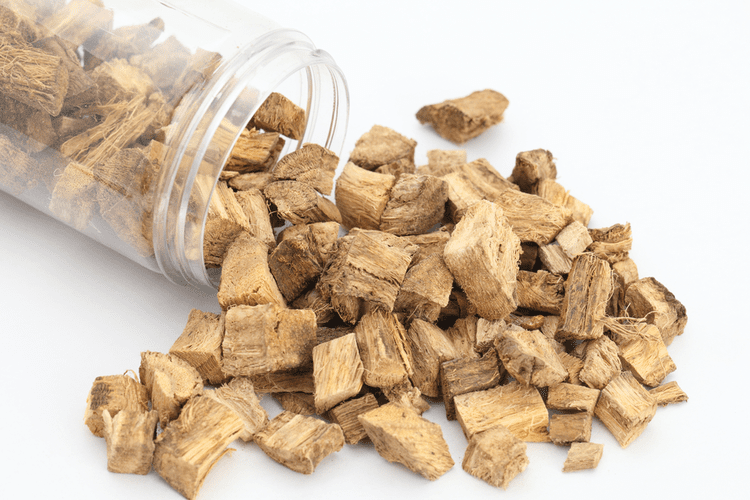Impulsiveness, loss of coordination, and changes in mood can affect your judgment and behavior and contribute to more far-reaching effects, including accidents, injuries, and decisions you later regret. Dehydration-related effects, like nausea, headache, and dizziness, might not appear for a few hours, and they can also depend on what you drink, how much you drink, and if you also drink water. They include drugs to treat allergies, arthritis, lupus, IBS, and organ transplant. Corticosteroids are one example, as are TNF inhibitors for inflammation and chemotherapy for cancer. For more information about alcohol and cancer, please visit the National Cancer Institute’s webpage “Alcohol and Cancer Risk” (last accessed October 21, 2021). In this interview, Rami Mehio, head of software and informatics at Illumina, shares his experiences and contributions to major genomic projects like the UK Biobank’s whole genome sequencing.
For example, the acetaldehyde that is formed during alcohol metabolism can interact with other proteins in the cells, interfering with their function. Therefore, it is possible that acetaldehyde also interacts with antibodies and thereby may alter antibody responses; however, this remains to be established (Thiele et al. 2008). Similarly, more work is needed to determine whether alcohol inhibits specific aspects of B-cell differentiation, such as immunoglobulin class switching and cell survival.
What are signs of a weakened immune system?
This defective neutrophil recruitment could be partially restored by localized chemokine administration (Quinton et al. 2005). The innate cellular response, which is mediated primarily by monocytes/macrophages and neutrophils, involves the recognition, phagocytosis, and destruction of pathogens—processes essential to subsequent adaptive responses. Acute and chronic alcohol abuse can interfere with the actions of these cells at various levels.
A more recent study (Smith et al. 2004) reported that a negative correlation existed between the amount of alcohol consumed by the participants and the size of DTH skin test responses to a specific antigen (i.e., keyhole limpet hemocyanin). For instance, genetically modified BALB/c mice that carried a TCR specific for the ovalbumin peptide and were fed a diet containing 30 percent ethanol- derived calories exhibited decreased antigen-specific Th1 responses (Waltenbaugh et al. 1998). Similarly, C57BL6 mice fed a liquid diet in which ethanol provided 27 percent of the total calories generated significantly decreased DTH responses to a T-cell–dependent antigen (i.e., sheep red blood cells) (Jayasinghe et al. 1992). The reduced DTH response and accompanying decrease in IL-12 and IFN-γ cytokine production are thought to result in part from ethanol-mediated depletion of the antioxidant glutathione in antigen-presenting cells (Peterson et al. 1998).
What Parts of the Body Does Alcohol Affect?
Thus, maternal alcohol consumption during pregnancy (12 mg/week for most of the pregnancy) increased IgE levels in the umbilical cord blood of the infants (Bjerke et al. 1994). These observations suggest that immune defects seen in individuals with AUD could also be mediated by nutritional deficiencies in addition to barrier defects and functional changes in immune cells. However, the contributions of each of these changes to increased susceptibility to infection in individuals with AUD remain to be determined. T and B cell activation in the presence of retinoic acid results in the up-regulation of gut-homing molecules and generation of IgA-secreting B cells (Mora, Iwata et al. 2008). Consequently, deficiency in vitamin A results in the impairment of mucosal responses (Mora, Iwata et al. 2008).

Alcohol use can increase the risk of cardiovascular problems, cognitive decline, liver disease, mental health conditions, and more. In a clinical case study reviewed in this issue, Trevejo-Nunez and does alcohol weaken your immune system colleagues report on systemic and organ-specific immune pathologies often seen in chronic drinkers. In such patients, alcohol impairs mucosal immunity in the gut and lower respiratory system.
The Adaptive Immune Response
For women, this reduces to three drinks on any single day and no more than seven drinks over a week. “These surprising findings indicate that some of the beneficial effects of moderate amounts of alcohol consumption may be manifested through boosting the body’s immune system. The monkeys classed as heavy drinkers showed diminished responses to the vaccine, compared with the monkeys that consumed sugar water. But the investigators were surprised to find that the monkeys deemed as moderate drinkers demonstrated an enhanced vaccine response. Alcohol use disorder (AUD) is a chronic brain condition characterized by continued alcohol consumption despite harmful consequences. If you are struggling with alcohol use disorder or suspect you have an unhealthy relationship with alcohol, you are not alone.

Alcohol use can begin to take a toll on anyone’s physical and mental well-being over time. These effects may be more serious and more noticeable if you drink regularly and tend to have more than 1 or 2 drinks when you do. Past guidance around alcohol use generally suggests a daily drink poses little risk of negative health effects — and might even offer a few health benefits.
Related Articles
Numerous analyses also have evaluated the effects of ethanol exposure on the development of B cells. As described above for thymopoiesis, the offspring of pregnant mice that from gestational day 1 to day 18 consumed a liquid diet in which 25 percent of calories were derived from ethanol exhibited decreased numbers of both immature and mature B cells in the spleens directly after birth. Moreover, these B-cell subpopulations did not recover to normal levels until 3 to 4 weeks of life (Moscatello et al. 1999; Wolcott et al. 1995).
